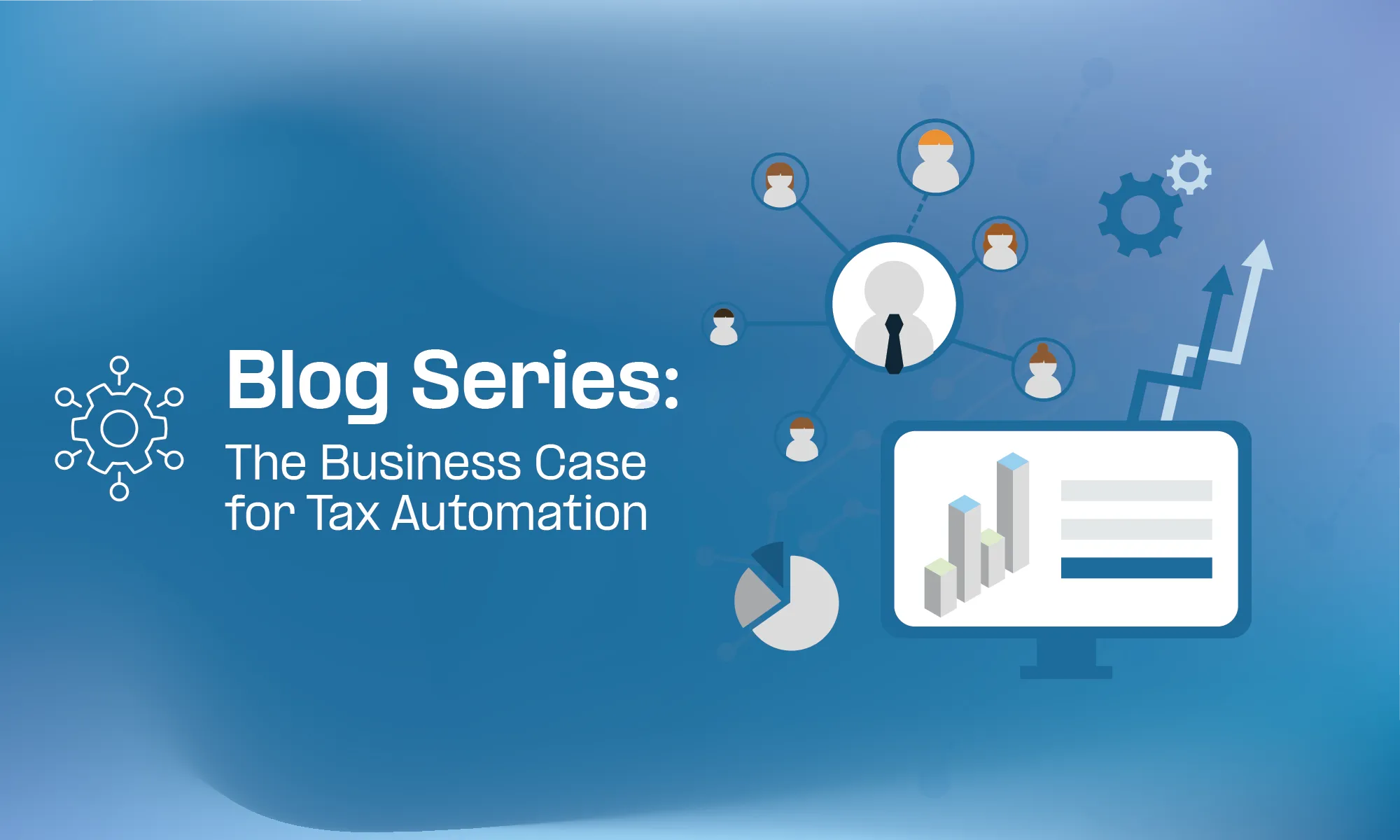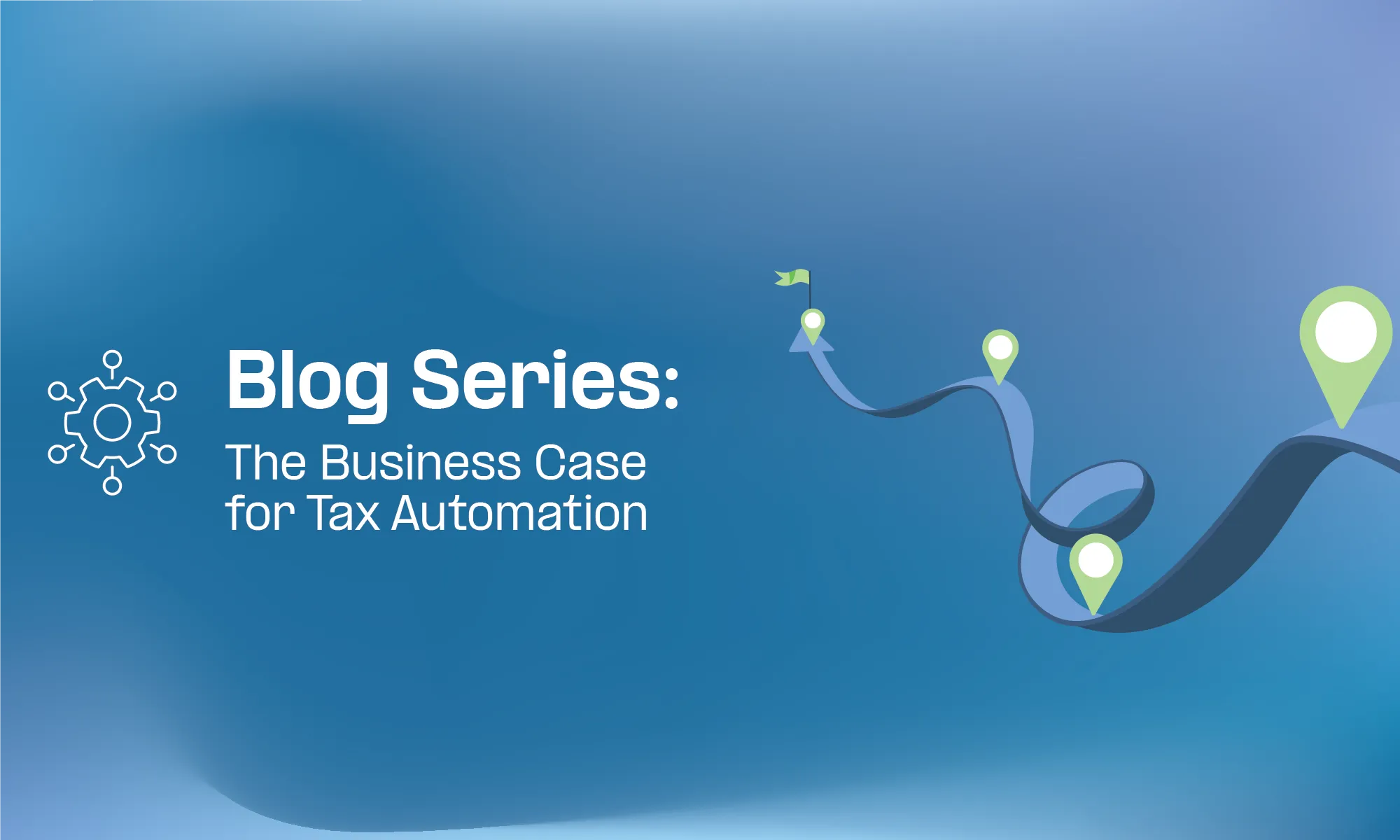Amid chronic budget pressures, governments around the world are seeking new sources of revenue. Income taxes have fallen out of favor as the go-to method for building national treasuries, gradually being replaced by a Value-Added Tax (VAT) or Goods and Services Tax (GST). In an ever-changing and extremely complex indirect tax landscape, are you gambling with your business’ profit margins by avoiding upfront tax calculations?
Gambling with profit margins
Indirect taxes apply on sales of goods and services and are typically around 20% of the transaction, according to an OECD average. These taxes vary per country and jurisdiction, and many companies find them challenging to calculate in real-time. As a result, they avoid upfront calculations.
For example, an online seller might offer prices without calculating taxes, and only discover how much tax is owed on the sale when they prepare VAT or GST returns — typically up to three months later.
Tax managers may feel like they’re gambling with their tax liabilities, and they are. The company is essentially gambling at the checkout that margins can absorb the additional taxes.
Make profits a sure bet
Calculating taxes “after the fact” impedes businesses from fine-tuning pricing for competitive purposes, as margins are unknown at the time of checkout.
Today, there are few good reasons for not calculating the right taxes at checkout. Tax engines, such as that offered by Fonoa, can determine whether a transaction is taxable, at what rate, and automatically include it with the charge amount in the customer’s shopping cart. Through a simple integration with your existing ERP, e-commerce, or point-of-sale system, you can reduce your cost of operations while increasing compliance.
If you’re doing business in countries with a VAT or GST regime, keeping up with manual tax calculations and tracking changes to laws across the world can seem impossible, but it doesn’t have to be. Integrate a tax engine with your financial systems to stay on top of today’s evolving tax landscape and make your end-to-end indirect tax processes efficient, agile, and scalable.
















